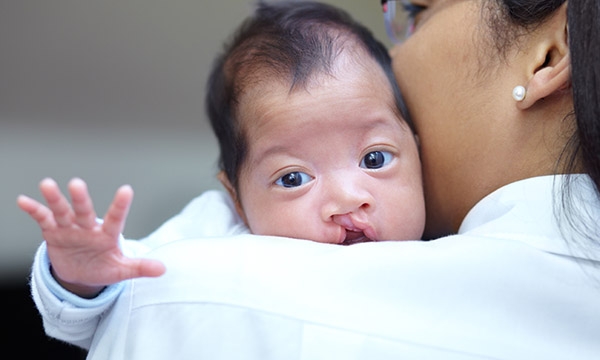There are many different syndromes that can affect children, but here are some of the most common:
- Down syndrome: Down syndrome is a genetic condition that is caused by an extra copy of chromosome 21. It is the most common chromosomal disorder and affects approximately 1 in every 700 babies born. Children with Down syndrome may have intellectual disability, characteristic facial features, and a range of physical health problems such as heart defects, digestive issues, and hearing loss.

- Autism spectrum disorder (ASD): ASD is a neurodevelopmental disorder that affects communication, social interaction, and behavior. It is typically diagnosed in early childhood and affects approximately 1 in every 54 children in the United States. Children with ASD may have difficulty with social interactions, communication, and repetitive behaviors or interests.
- Attention deficit hyperactivity disorder (ADHD): ADHD is a neurodevelopmental disorder that affects attention, hyperactivity, and impulsivity. It is typically diagnosed in childhood and affects approximately 9% of children in the United States. Children with ADHD may have difficulty with attention, organization, and following through on tasks.
- Williams syndrome: Williams syndrome is a genetic condition that affects approximately 1 in every 7,500 to 10,000 people. Children with Williams syndrome may have intellectual disability, cardiovascular problems, and distinctive facial features. They may also have a strong affinity for music and language, and may be sociable and outgoing.

- Fragile X syndrome: Fragile X syndrome is a genetic condition that affects approximately 1 in every 4,000 males and 1 in every 8,000 females. Children with Fragile X syndrome may have intellectual disability, learning disabilities, and social and emotional difficulties. They may also have distinctive physical features, such as a long face and large ears, and may exhibit certain behaviors such as hand flapping and avoiding eye contact.
It’s worth noting that there are many other syndromes that can affect children, and the symptoms and severity of these syndromes can vary widely. If you have concerns about your child’s development or behavior, it’s always a good idea to talk to their healthcare provider.



